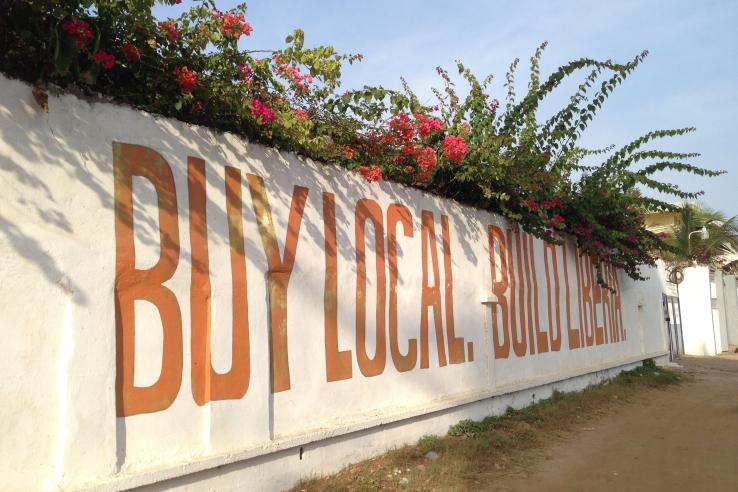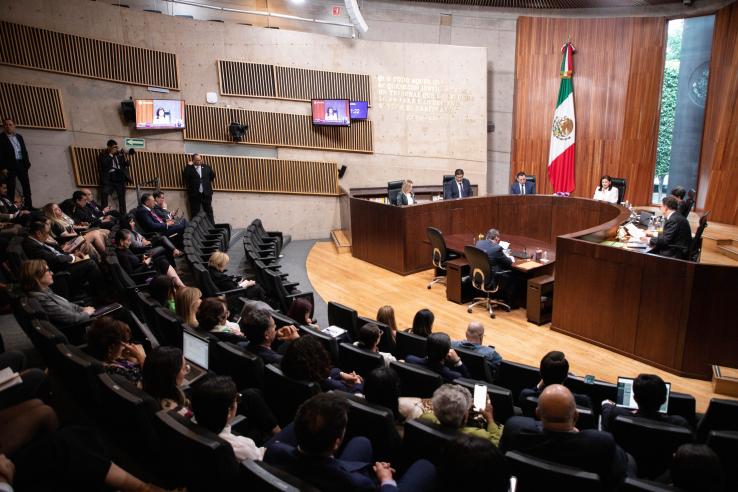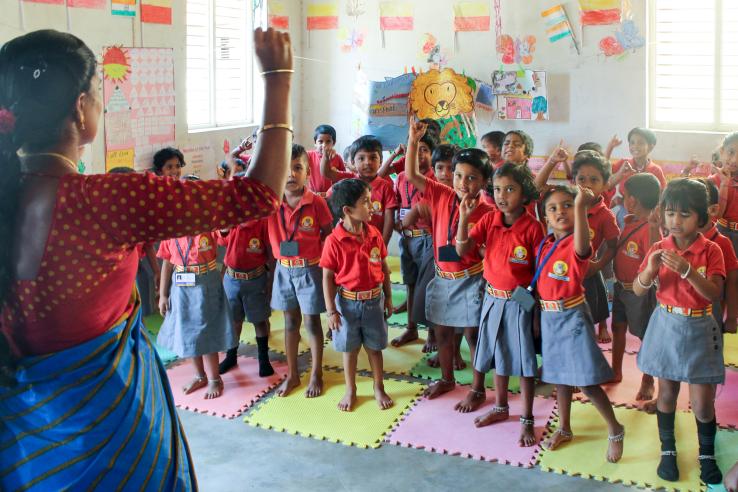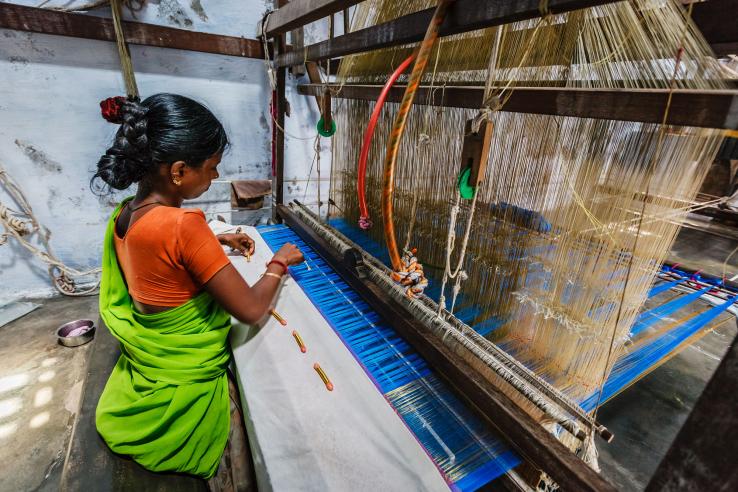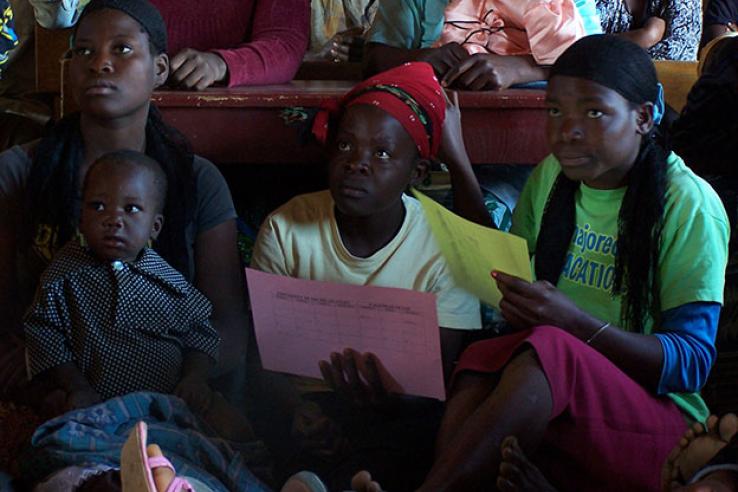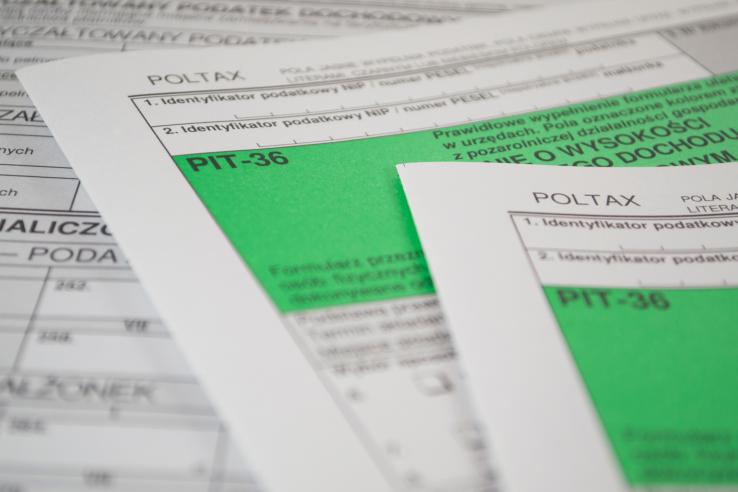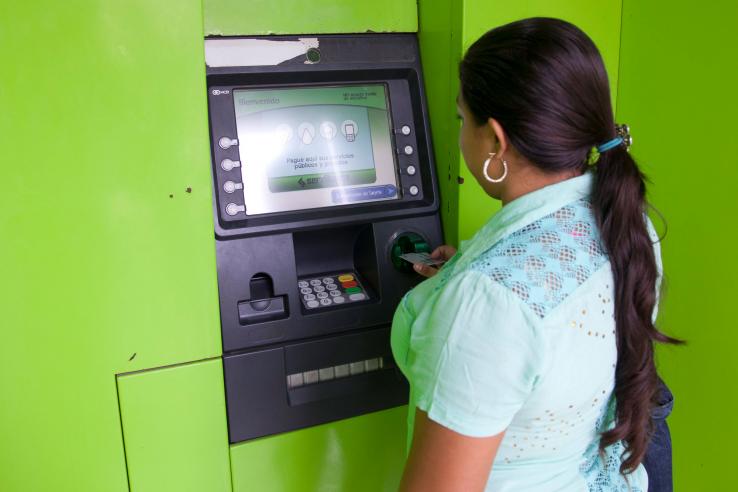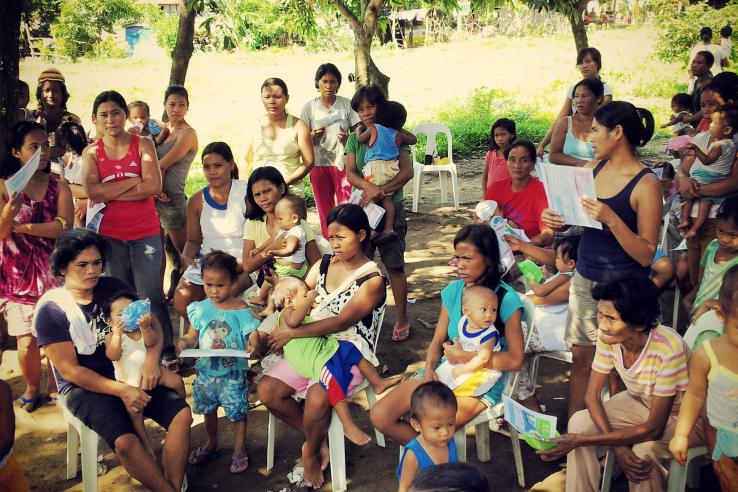Displaying 5191 - 5205 of 8489
Evaluation
In the United States, researchers evaluated the impact of the mandatory-participation bundled payment model for hospitals and explored which hospitals were incentivized to opt in to bundled payments after the model was later made voluntary. The mandatory-participation bundled payment program produced modest reductions in Medicare claims, but the voluntary program produced smaller declines in Medicare claims than if the mandatory program had continued.
Evaluation
Researchers evaluated the impact of a bid training program on the business performance of local small and medium-sized firms. The bid training led firms to bid on and win more contracts, with the positive impacts concentrated on a quarter of firms.
Evaluation
Researchers are partnering with the Mexico City Labor Court to evaluate whether rotating court notifiers across areas and casefiles can reduce incidences of bribery, increase the notification rates, and improve the functioning of labor courts.
Evaluation
Researchers tested two features of these contracts, repayment frequency and the time of the first repayment, to determine if characteristics of the loan contract affect borrowers’ repayment behavior and the types of investments they make. They found that less frequent repayments did not increase defaults. A two-month grace period before beginning repayment raised the default rate slightly but allowed entrepreneurs to invest more in their businesses, resulting in long term economic gains.
Evaluation
In the United States, researchers evaluated the impact of a cognitive behavioral therapy (CBT) program designed to teach high-risk male students in secondary schools to regulate harmful, automatic behaviors. Results demonstrated that the program led to a significant drop in arrests per student, especially for violent crimes, and increased school engagement and high school graduation rates.
Evaluation
In Malawi, researchers used a randomized evaluation to study the introduction of a daily minibus service that connected five rural villages and the nearby market town. Although a majority of households used the new bus service, demand was very sensitive to price and was never sufficient to cover operational costs.
Evaluation
Researchers evaluated a cap-and-trade program in the United States to determine if the initial allocation of permits among firms affected how much firms decided to pollute. Evidence was consistent with, but not proof of, the economic theory that firms make decisions to reduce emissions based on their abatement costs and not the initial distribution of permits.
Evaluation
In partnership with the Polish Tax Office, researchers conducted a nation-wide randomized evaluation to test the impact of sending tax enforcement letters with behavioral messages on tax compliance among delinquent taxpayers. The results indicate that behavioral letters significantly improved tax compliance relative to the status quo letter, and sending letters by regular mail (the cheaper option) was just as effective as sending via registered mail.
Evaluation
Poor infrastructure, limited access to medicine, poor service provision, and a lack of accountability often lead to poor health outcomes in many developing countries. Researchers conducted a lab-in-the-field randomized experiment to evaluate patients’ willingness to file complaints against service providers and provider responsiveness to those complaints. Attaching tangible consequences to patient complaints increased provider performance as compared to providing a complaint box.
Evaluation
Researchers are evaluating the impact of default deposits, SMS reminders to save, and short financial training for bank clients in low-income urban areas in Chile on saving and spending decisions.
Evaluation
Researchers organized Election Day festivals to evaluate how a more festive and social voting atmosphere might impact voter turnout. Voting rates were significantly higher in precincts where festivals occurred than in comparison precincts.
Evaluation
Vote-buying and vote-selling can obstruct the democratic process, yet they remain pervasive in many developing democracies. Researchers asked voters in the Philippines to make a simple, unenforceable promise not to accept money from politicians or to promise to vote according to their conscience, even if they do accept money, to test the impact of promises on voters’ behavior. Researchers found that a majority of respondents made promises not to sell their votes. These promises significantly reduced vote-selling, cutting the number of people who sold their votes by 11 percentage points in the smallest-stakes election, but was not effective in the mayoral election with higher pay-outs.
Evaluation
Researchers examined two occasions in which an Argentine Congressional chamber was subject to randomly assigned term lengths as a result of political or constitutional changes. Assignment to a longer term increased overall legislative effort.

